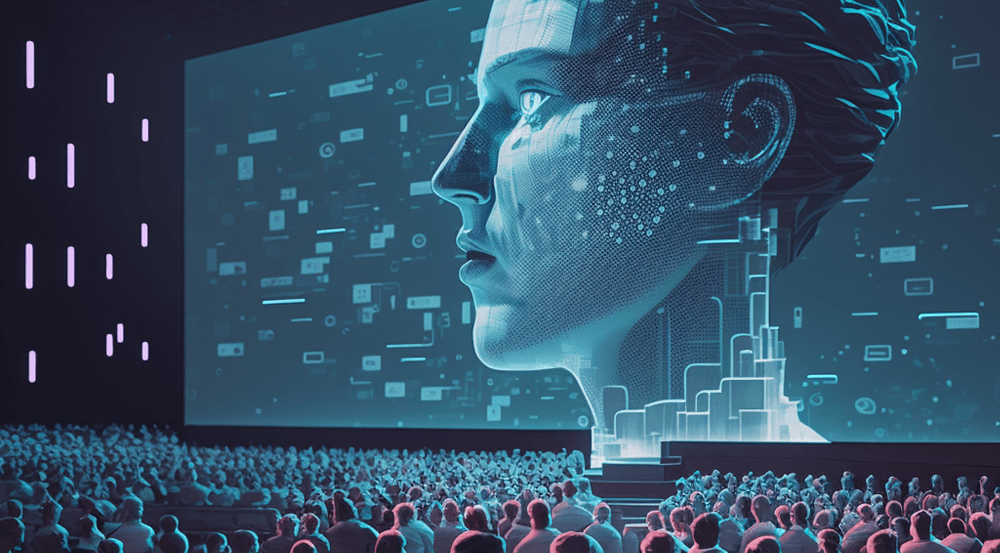AI Trends: The Evolving Landscape of AI in 2024 and Beyond
Artificial Intelligence (AI) continues to reshape industries and redefine possibilities across the globe. As we navigate through 2024, several key trends are emerging that illustrate the dynamic nature of AI and its transformative impact on various sectors.
Natural Language Processing (NLP) Breakthroughs
One of the most significant advancements in AI is evident in Natural Language Processing (NLP). NLP has made tremendous strides, enabling machines to understand and generate human language more effectively than ever before. Technologies like GPT-4 have pushed the boundaries of what’s possible, from improved language translation to more nuanced text generation. This trend not only enhances communication but also revolutionizes customer service, content creation, and data analysis.
AI in Healthcare: Personalization and Precision
In healthcare, AI is revolutionizing patient care through personalized medicine and precision diagnostics. Machine learning algorithms can analyze vast amounts of patient data to predict diseases, recommend treatments, and even assist in surgical procedures. AI-powered tools are enhancing early disease detection, improving patient outcomes, and optimizing healthcare delivery systems globally.
Ethical AI and Responsible Innovation
With great power comes great responsibility, and AI is no exception. Ethical considerations surrounding AI deployment have gained prominence. Issues such as bias in algorithms, data privacy, and AI’s societal impact are critical. Organizations are increasingly focusing on developing frameworks for ethical AI deployment, ensuring transparency, fairness, and accountability in AI systems.
AI-Driven Automation in Industry
Automation powered by AI continues to streamline processes across industries. From manufacturing and logistics to finance and retail, AI-driven automation is enhancing efficiency, reducing costs, and improving accuracy. Robotics combined with AI algorithms are transforming how tasks are performed, leading to smarter factories, optimized supply chains, and more responsive customer service.
Edge AI: Bringing Intelligence Closer
Edge computing and AI are converging to bring intelligence closer to where data is generated—on devices and sensors. This trend reduces latency, enhances privacy, and enables real-time decision-making in applications ranging from autonomous vehicles to smart home devices. Edge AI is poised to accelerate the development of Internet of Things (IoT) ecosystems, making devices smarter and more autonomous.
Conclusion
As AI continues to evolve, its impact on society, business, and everyday life grows more profound. The trends outlined—NLP advancements, healthcare transformation, ethical considerations, industrial automation, and edge computing—are shaping a future where AI-driven innovations are becoming ubiquitous. However, with these advancements come challenges, particularly around ethics, regulation, and inclusivity.
Looking ahead, fostering collaboration between technologists, policymakers, and ethicists will be crucial to harnessing AI’s full potential responsibly. By addressing challenges proactively and embracing AI as a tool for positive change, we can ensure that the future AI landscape is both innovative and equitable for all. Embracing these trends not only promises transformative advancements but also opens new avenues for creativity and human-machine collaboration in the decades to come.


